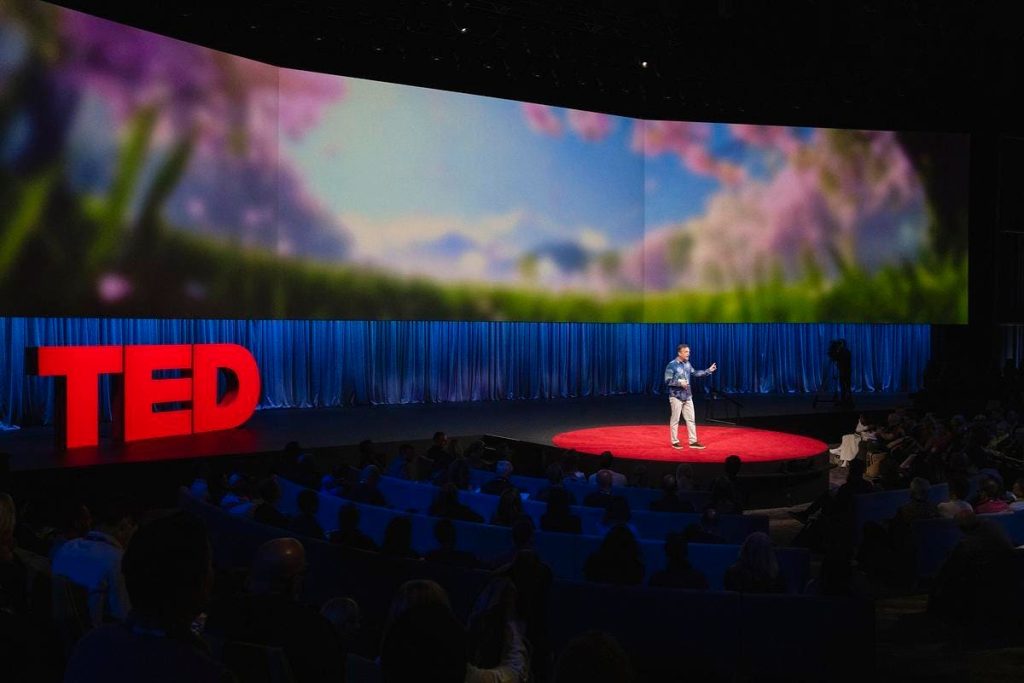TED, the organization that has become synonymous with public speaking on technology, entertainment, and design, is celebrating its 40th anniversary this year. Since its inception in 1984, TED has expanded its topics to include politics, agriculture, philanthropy, environment, and business while still hosting its annual conference in Vancouver. Chris Anderson, the head of TED, has played a key role in transforming the platform into a global powerhouse for ideas. He introduced online talks in 2006 and open-sourced the TED formula in 2008, leading to the creation of more than 13,000 TEDx conferences worldwide.
As TED approaches its 30th year in the convening business, Anderson faces the challenge of making the organization stand out in a world filled with conferences. This year’s TED conference featured strong and controversial voices like Bill Ackman, Bari Weiss, and Scott Galloway. There was also a focus on promoting civil disagreements and debate as a way to foster diversity of opinion at the event. Cyndi Stivers, the Director of Curation at TED, highlighted the importance of providing a neutral zone for exploring controversial issues in today’s divided society.
Anderson, who hosted much of the conference, observed a positive reaction from the TED community to the inclusion of diverse viewpoints and respectful dialogue. He emphasized the need for TED to embrace controversial topics that have real consequences and importance in the culture. By encouraging viewpoint diversity and respectful listening, TED aims to provide a platform for exploring conflicting ideas in a constructive manner. The audience’s willingness to engage in civil discourse has reinforced Anderson’s commitment to continuing down this path.
Despite the prevalence of negative news, Anderson remains hopeful about TED’s ability to inspire optimism and dialogue. He reflects on his decision to share the TED brand with the global community, leading to the creation of thousands of TEDx talks and over one billion views annually. The impact of TED’s online presence has inspired individuals like Yashraj Akashi to bring the TEDx platform to India, where it has flourished into one of the largest TEDx events in the country. Attendees like Vishal Gondal appreciate the opportunity to engage with intelligent individuals and gain insights into future technologies and ideas at TED events.
Long-time attendees like Andy Kanefield have witnessed the evolution of TED over the years, from a smaller gathering focused on technology, entertainment, and design to a diverse platform for sharing ideas and energy. Kanefield recognizes TED as a lightning rod for positivity and learning, bringing together a community of like-minded individuals dedicated to driving global change. Anderson, along with Stivers and the TED team, continue to seek a middle ground where optimism and solutions can thrive, even in the face of negativity. As TED moves into its fourth decade, the focus shifts towards fostering respectful discourse about conflicting ideas as a means of driving innovation and progress.















